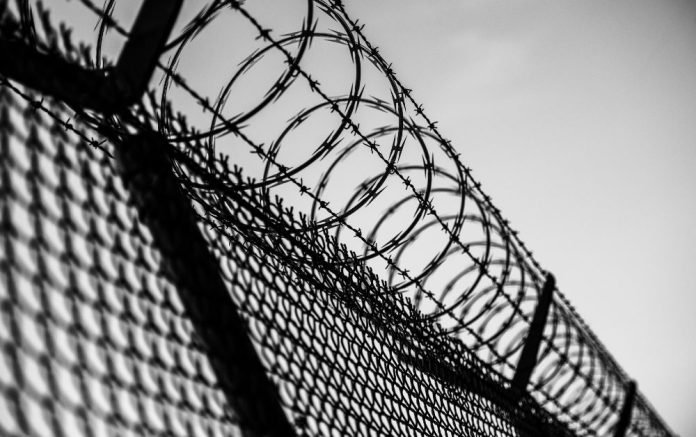Turkish prison authorities have arbitrarily revoked the parole rights of 313 inmates since 2021, according to the Human Rights Association (IHD).
Among those whose parole rights were revoked, 88 were sick and 42 were critically ill. IHD member Ömer Faruk Yazıcı issued a statement at the association’s Ankara headquarters, saying, “It’s obvious that prisons are acting like courts.”
“By revoking inmates’ parole, prisons are punishing them. This has huge negative effects on inmates and their families. These people are being deprived of hope.”
Yazıcı said prison authorities have made it increasingly difficult for political prisoners to benefit from parole by requiring good behavior reports, which are key for a prisoner to be eligible for parole.
Investigations are launched into prisoners to determine if they have demonstrated good behavior, but according to Yazıcı this is a completely unlawful practice. “To start with, there is nobody with a law degree on the board who investigates the prisoner. So how can they decide if the prisoner has violated any law during their incarceration?”
To legitimize the suspension of parole, prison authorities issue inmates bad behavior reports. According to prisoners, a bad behavior report could be issued for reasons such as “reading too many books,” “consuming too much water,” “meeting with the prison imam” or “attending the open university while in prison.”
Political prisoners in particular have been targeted by such practices. According to the Turkish Penal Code, people convicted of membership in a terrorist organization are eligible for parole after serving two-thirds of their sentence.
However, lawyers say that many political prisoners who have been incarcerated for a long period of time are deliberately prevented from being released.
Opposition politicians have repeatedly criticized prison authorities for arbitrarily revoking parole rights; however, despite their outrage, the authorities have continued the practice.









